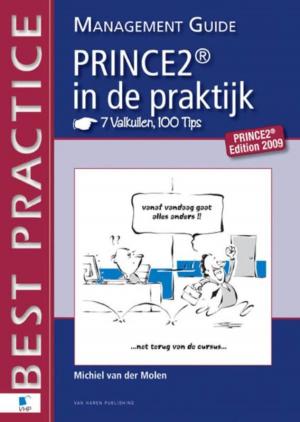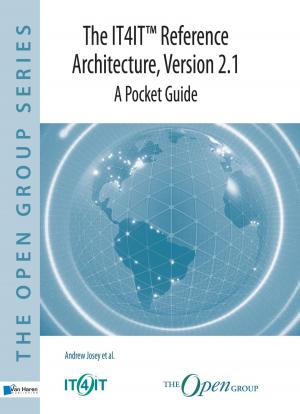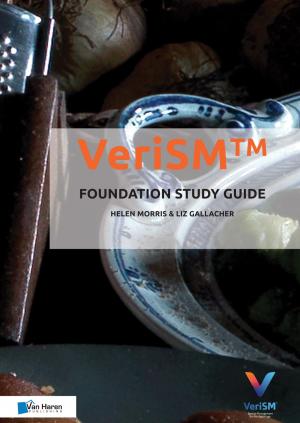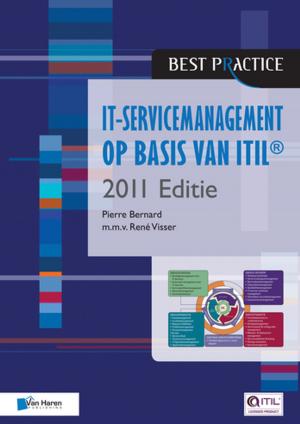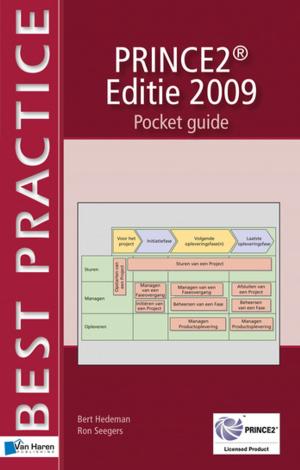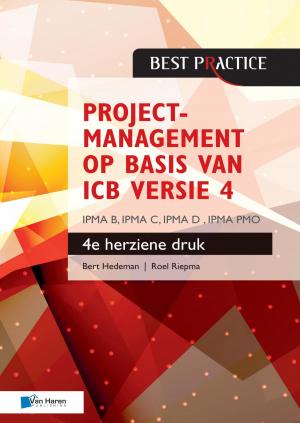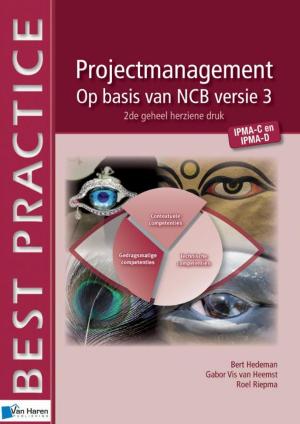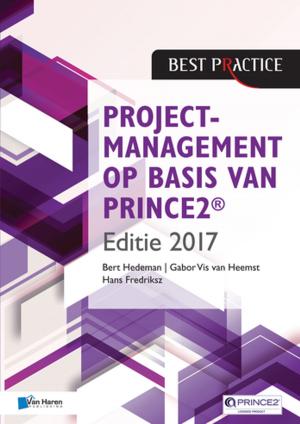Praxis® – A Pocket Guide
Nonfiction, Reference & Language, Education & Teaching, Administration, Teaching, Teaching Methods| Author: | Emma Jones | ISBN: | 9789401802826 |
| Publisher: | Van Haren Publishing | Publication: | November 7, 2018 |
| Imprint: | Van Haren Publishing | Language: | English |
| Author: | Emma Jones |
| ISBN: | 9789401802826 |
| Publisher: | Van Haren Publishing |
| Publication: | November 7, 2018 |
| Imprint: | Van Haren Publishing |
| Language: | English |
This pocket guide has been designed to familiarize readers with the principles, goals, tools and techniques of the Praxis framework. It provides an overview of the Praxis process models and management functions, and an understanding of the interpersonal skills required of a P3 (project, program, portfolio) manager. The content of this pocket guide is derived from the Praxis framework.org website, which is available free of charge under a Creative Commons license. APM, the Association for Project Management, has also published the Praxis Framework. Praxis is a framework for the management of projects, programs and portfolios (P3M). The Praxis framework brings together a body of knowledge, methodology, competence framework and capability maturity model into a single integrated framework with a single structure and terminology. No more need for mapping and translation between different guides.There is no such thing as a typical project, program or portfolio and Praxis is not prescriptive in the way its components are applied. The framework is designed to provide building blocks of the discipline of P3 management that can be tailored and assembled to suit all manner of different contexts. The aim is to define the building blocks and is based on the concept of a functional analysis. A key concept of Praxis is that the dividing lines between projects, programmes and portfolios are blurred. Some ventures will exhibit characteristics of all three. The underlying principle is that the terms project, programme and portfolio simply represent points on a continuum that is described by the complexity of the work being managed. Therefore, wherever appropriate, a function is described in terms of its general application and then by its adaptation to increasing complexity. The Knowledge section integrates with all the other sections of Praxis. Each function describes the procedures, tools and techniques that can be used in management processes. In return the Method section provides a structure for the use of the functions within the lifecycle.
This pocket guide has been designed to familiarize readers with the principles, goals, tools and techniques of the Praxis framework. It provides an overview of the Praxis process models and management functions, and an understanding of the interpersonal skills required of a P3 (project, program, portfolio) manager. The content of this pocket guide is derived from the Praxis framework.org website, which is available free of charge under a Creative Commons license. APM, the Association for Project Management, has also published the Praxis Framework. Praxis is a framework for the management of projects, programs and portfolios (P3M). The Praxis framework brings together a body of knowledge, methodology, competence framework and capability maturity model into a single integrated framework with a single structure and terminology. No more need for mapping and translation between different guides.There is no such thing as a typical project, program or portfolio and Praxis is not prescriptive in the way its components are applied. The framework is designed to provide building blocks of the discipline of P3 management that can be tailored and assembled to suit all manner of different contexts. The aim is to define the building blocks and is based on the concept of a functional analysis. A key concept of Praxis is that the dividing lines between projects, programmes and portfolios are blurred. Some ventures will exhibit characteristics of all three. The underlying principle is that the terms project, programme and portfolio simply represent points on a continuum that is described by the complexity of the work being managed. Therefore, wherever appropriate, a function is described in terms of its general application and then by its adaptation to increasing complexity. The Knowledge section integrates with all the other sections of Praxis. Each function describes the procedures, tools and techniques that can be used in management processes. In return the Method section provides a structure for the use of the functions within the lifecycle.




